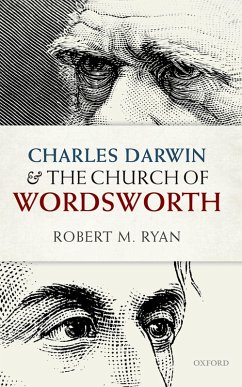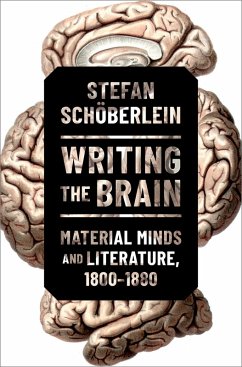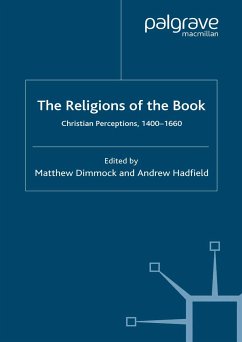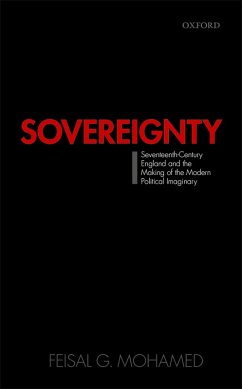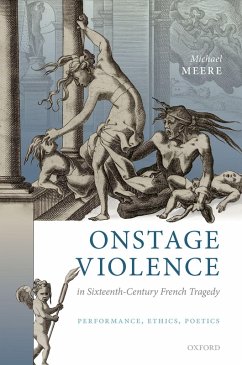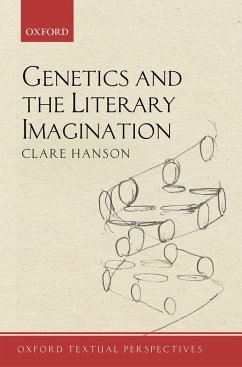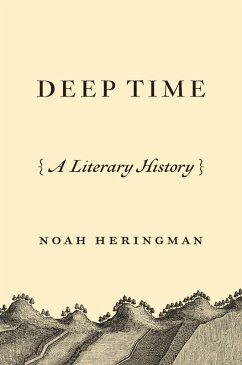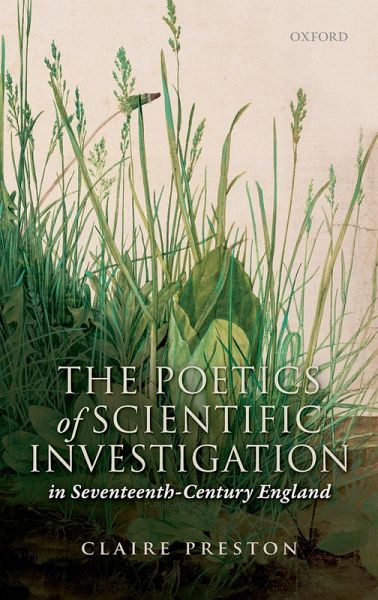
The Poetics of Scientific Investigation in Seventeenth-Century England (eBook, PDF)
Versandkostenfrei!
Sofort per Download lieferbar
14,95 €
inkl. MwSt.
Weitere Ausgaben:

PAYBACK Punkte
7 °P sammeln!
How should science be written? It is a question that piqued natural philosophers of the seventeenth century as they experimented with the rhetorical figures, neologisms, verse-forms, and generic variety that characterise the literary texture of their work. Inspired laymen were quick to borrow from the new philosophy and from practising scientists in order to deploy ideas and images from astronomy, optics, chemistry, biology, and medicine. Between them, scientists, natural historians, poets, dramatists, and essayists produced new, adjusted, or hybrid literary forms. The Poetics of Scientific In...
How should science be written? It is a question that piqued natural philosophers of the seventeenth century as they experimented with the rhetorical figures, neologisms, verse-forms, and generic variety that characterise the literary texture of their work. Inspired laymen were quick to borrow from the new philosophy and from practising scientists in order to deploy ideas and images from astronomy, optics, chemistry, biology, and medicine. Between them, scientists, natural historians, poets, dramatists, and essayists produced new, adjusted, or hybrid literary forms. The Poetics of Scientific Investigation in Seventeenth-Century England examines those forms and that literary-scientific texture, as well as representations of the scientific--the laboratory, collaborative experimental retirement, and the canons of scientific conversation--and proposes that the writing of seventeenth-century science mirrors the intellectual and investigative processes of early modern science itself.
Dieser Download kann aus rechtlichen Gründen nur mit Rechnungsadresse in A, B, BG, CY, CZ, D, DK, EW, E, FIN, F, GR, HR, H, IRL, I, LT, L, LR, M, NL, PL, P, R, S, SLO, SK ausgeliefert werden.




